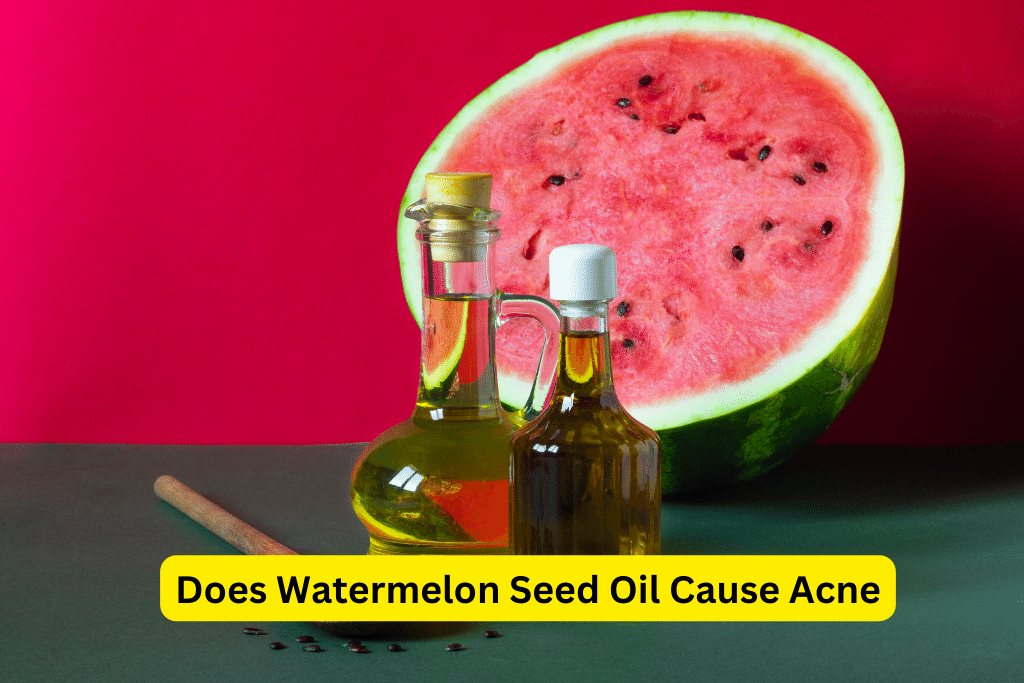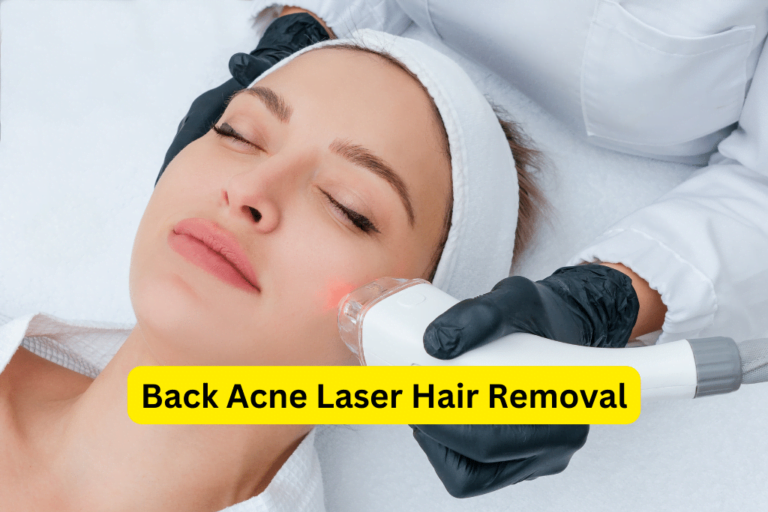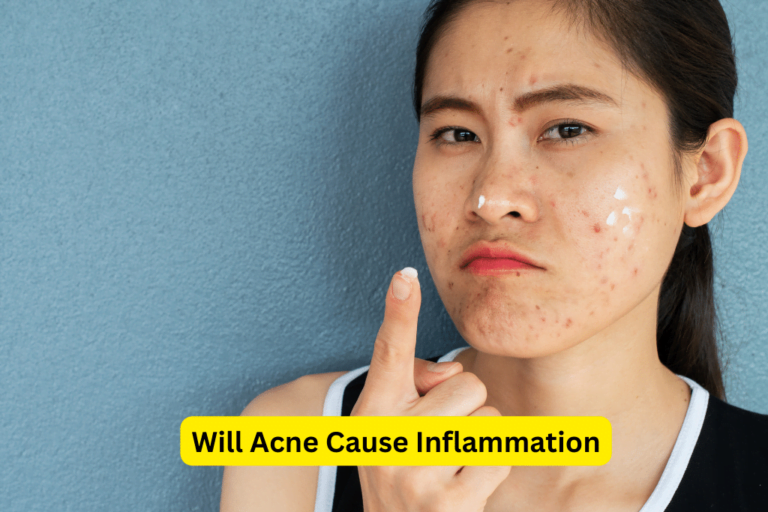Watermelon Seed Oil: Clearing up the Acne Debate
Does Watermelon Seed Oil Cause Acne
Watermelon seed oil has become a popular ingredient in skincare products due to its potential benefits for the skin. However, there has been a concern surrounding its use causing acne. In this article, we will explore the truth behind this myth and delve into the scientific evidence to debunk any misconceptions.
I. Understanding Acne
A. Definition and causes of acne
Acne is a common skin condition characterized by the presence of pimples, blackheads, and whiteheads. It is primarily caused by the overproduction of sebum, a natural oil produced by the skin, clogging the hair follicles. Other factors that contribute to acne include hormonal fluctuations, bacteria, and inflammation.
B. Common misconceptions about acne triggers
There are numerous misconceptions surrounding the triggers of acne. Some believe that certain foods, such as chocolate or greasy foods, can cause acne, but scientific evidence does not support this claim. Acne is a complex condition influenced by various factors, and its development is not solely dependent on external factors like diet.
II. Watermelon Seed Oil
A. Overview of watermelon seed oil
Watermelon seed oil is derived from the seeds of the watermelon fruit. It is rich in fatty acids, vitamins, and antioxidants, making it a potential skincare ingredient.
B. Composition and properties
Watermelon seed oil contains a high concentration of linoleic acid, which helps to maintain the skin’s barrier function. It also has moisturizing properties and is easily absorbed by the skin. Additionally, the oil is rich in antioxidants, which can help protect the skin from damage caused by free radicals.
C. Popular uses in skincare
Watermelon seed oil is often used in skincare products due to its moisturizing and antioxidant properties. It is believed to help improve skin texture, reduce inflammation, and promote a healthy complexion. However, its potential to cause acne has raised concerns among some individuals.
III. The Link Between Oil and Acne
A. Understanding how oils can contribute to acne formation
It is a common belief that using oils on the skin can lead to acne. While this can be true for some oils, it is important to differentiate between oils that are comedogenic and those that are not.
B. Discussing comedogenic properties and their impact on skin
Comedogenicity refers to the ability of an oil to clog pores and potentially cause acne. Oils with a high comedogenic rating are more likely to cause breakouts in individuals with acne-prone skin, while those with a low rating are less likely to clog pores.
C. Factors influencing an oil’s comedogenic rating
The comedogenic rating of an oil depends on various factors, including its fatty acid composition, molecular size, and how it interacts with the skin. While there are general guidelines for comedogenic ratings, individual reactions can vary, making it important to consider personal skin type and sensitivity.
IV. Benefits of Watermelon Seed Oil for Acne-Prone Skin
A. Antioxidant properties and their role in combating acne
Watermelon seed oil’s antioxidant properties can help reduce inflammation and prevent oxidative stress, both of which play a role in acne development. By neutralizing free radicals, watermelon seed oil may contribute to overall skin health and a reduction in acne symptoms.
B. Moisturizing benefits for improving skin texture
Acne-prone skin often lacks proper hydration, leading to dryness and flakiness. Watermelon seed oil’s moisturizing properties can help improve skin texture by providing necessary hydration, without clogging pores or exacerbating acne symptoms.
C. Anti-inflammatory effects on acne-related inflammation
Inflammation is a key component of acne, causing redness, swelling, and discomfort. Watermelon seed oil contains anti-inflammatory compounds that may help reduce acne-related inflammation, potentially leading to a calmer complexion.
V. Scientific Studies on Watermelon Seed Oil and Acne
A. Reviewing recent scientific research and studies
Several scientific studies have investigated the effects of watermelon seed oil on the skin and acne. These studies provide valuable insights into the potential benefits of watermelon seed oil and its impact on acne symptoms.
B. Highlighting relevant findings regarding watermelon seed oil and acne
While research on watermelon seed oil specifically and its effects on acne is limited, the available studies suggest that it is unlikely to cause acne breakouts. Some studies even indicate that watermelon seed oil may have positive effects on acne-prone skin, such as reducing inflammation and improving skin texture.
C. Discussing limitations and areas for further research
It is important to acknowledge the limitations of the existing research on watermelon seed oil and acne. The studies conducted thus far are relatively small-scale, and further research is needed to validate and expand on the findings. Additionally, more studies specifically focusing on watermelon seed oil and acne would provide a clearer understanding of its effects.
VI. Debunking the Myth
A. Analyzing the scientific evidence against watermelon seed oil causing acne
Based on the available scientific evidence, there is no substantial support for the claim that watermelon seed oil causes acne. Its low comedogenic rating and potential benefits for acne-prone skin make it an unlikely culprit for aggravating acne symptoms.
B. Explaining the potential misconceptions leading to the myth
The myth surrounding watermelon seed oil causing acne may stem from a general misconception about oils and their effect on the skin. While some oils can worsen acne, it is essential to differentiate between oils based on their comedogenic properties and individual skin type.
C. Addressing individual experiences and variations in skin types
Every individual’s skin is unique, and what works for one person may not work for another. While watermelon seed oil may be beneficial for many individuals with acne-prone skin, it is important to consider personal experiences and variations in skin types to determine if it is suitable for individual use.
VII. Proper Usage and Precautions
A. Providing guidelines for incorporating watermelon seed oil into skincare routine
If you want to add watermelon seed oil to your skincare routine, it is important to start with a small amount and observe how your skin reacts. Gradually increase the usage if your skin tolerates it well. Incorporate it into your routine at a suitable step, such as using it as a moisturizer or as part of a face oil blend.
B. Precautions for individuals with sensitive or acne-prone skin
Individuals with sensitive or acne-prone skin should exercise extra caution when incorporating new skincare products into their routine, including watermelon seed oil. Patch testing is recommended to ensure that the oil does not cause any adverse reactions.
C. Discussing patch testing and consulting with a dermatologist
If you have concerns about using watermelon seed oil or have experienced adverse reactions in the past, it is always advisable to consult with a dermatologist. They can provide personalized guidance and recommend suitable skincare products based on your individual needs.
VIII. Other Factors Affecting Acne
A. Stress and hormonal influence on acne development
Other factors, such as stress and hormonal fluctuations, can significantly impact the development and severity of acne. It is essential to address these factors as part of a holistic skincare routine and overall wellness.
B. The importance of a holistic skincare routine
While incorporating watermelon seed oil into your skincare routine may provide potential benefits, it is crucial to consider other aspects of skincare, such as cleansing, exfoliating, and sun protection. A well-rounded approach that includes multiple skincare practices can help address various acne triggers and promote overall skin health.
Conclusion
In conclusion, the myth that watermelon seed oil causes acne is not supported by scientific evidence. Its low comedogenic rating, antioxidant properties, and potential benefits for acne-prone skin make it a promising skincare ingredient. As always, it is crucial to consider individual skin type and preferences when incorporating any new product into your skincare routine. By making informed choices based on scientific evidence, you can create a skincare routine that promotes a healthier complexion.









